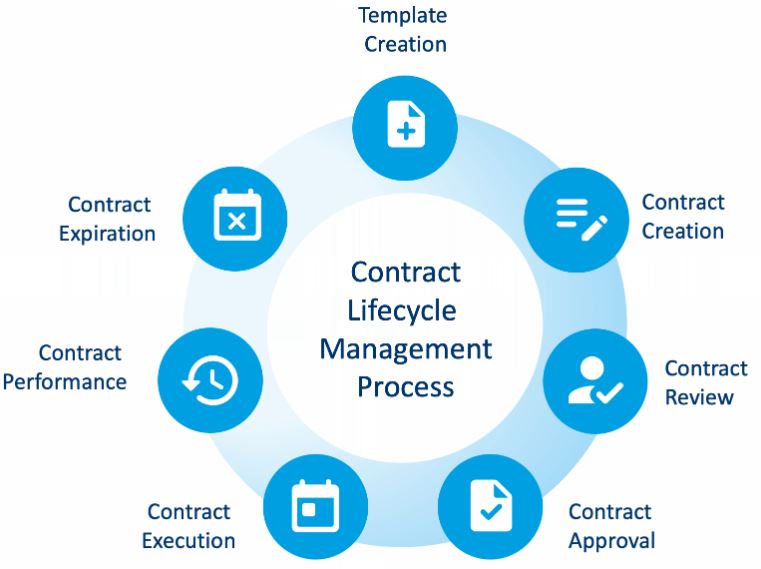The Impact of Contract Lifecycle Management Software on the Backend Of Legal Services
Published 05/09/2022 19:34 | Blog |Legal services have been around for a very long time, and they’ve always been essential to the smooth functioning of any business. The way these services are delivered has changed significantly over time, however, as technology has allowed lawyers to provide more effective advice than ever before. Recently, legal service providers have begun using contract lifecycle management software (CLM) to manage their operations more efficiently and effectively than ever before. Here’s what you need to know about this new technology.

Table of Contents
Improved data management
As a result of contract lifecycle management software, your data management will be improved. Contract tracking is one of the most important features that come with this type of software. This allows you to track and manage contracts on a more efficient level. It also reduces the risk of mistakes, which can save you time and money in the long run. Contract lifecycle management software gives you more control over your contract data by allowing you to add notes about changes made during negotiations, create different versions for each party involved in an agreement, monitor performance and costs as well as keep track of all legal documents related to each deal.
Achieving compliance targets
Contract lifecycle management (CLM) software serves as a central hub for all contracts within an organization, helping to ensure that they are being used as intended. The CLM software will automatically set up approval processes and timelines for each contract, keeping the entire workflow streamlined and easy to follow.
In addition to streamlining all of your contracts, CLM software ensures that you stay compliant with industry regulations. Many industries have established best practices for handling certain types of documents such as contracts or NDAs, ensuring that every member of their community complies with these rules at all times. If you’re not using CLM software to manage your contract workflow then it could be difficult if not impossible for you to ensure that your company is following these best practices at all times. Without use of CLM. you are risking fines from regulators or even worse legal consequences down the line.
More time for lawyers to focus on core activities
Contract management software allows you to spend less time on administrative tasks and more time doing what you do best. This is especially important for legal professionals who often find themselves buried in paperwork and other tedious work. By automating the contract lifecycle, lawyers can focus their time on core activities such as drafting contracts and negotiating deals. This helps them streamline their daily operations and increase productivity, which is ultimately beneficial for both them and their clients.
Enhanced negotiating capabilities
As the contract is being negotiated, the software can be used to track negotiations and gather information. This allows you to keep track of whether or not your client is being treated fairly, as well as how close you are to reaching a deal. The software helps with this by allowing you to see which parties have been contacted and what their responses were so that you don’t have to go through every single email sent between all parties to get an overview of where things stand.
When it comes time for a contract signing party, CRM software can automate some of the steps involved in this part of the process by generating drafts based on previous versions and automatically generating signatures once they’ve been approved by both sides.
Increased efficiency of legal services
One of the most significant benefits of CLMS is that it increases efficiency. It automates tasks that have previously been done manually. This means that you don’t have to worry about employees forgetting to send out notices or make changes when necessary, because all of these tasks are taken care of automatically by the program.
It streamlines processes and reduces human error. For example, if an attorney has to sign off on a document before it can be finalized and sent out, then there’s a possibility that he or she could miss something important and accidentally send out an incomplete document for review (and maybe even approval). Instead of relying on human judgment alone, CLMS does all its checking so that attorneys never need to worry about overlooking anything critical during the process.
Conclusion
In conclusion, legal services are facing a major disruption. Contract lifecycle management software is helping to improve the backend of these services and make them more efficient in their workflow. This can help law firms to be more competitive by providing better service at a lower cost to their clients and also save money through increased efficiencies.
